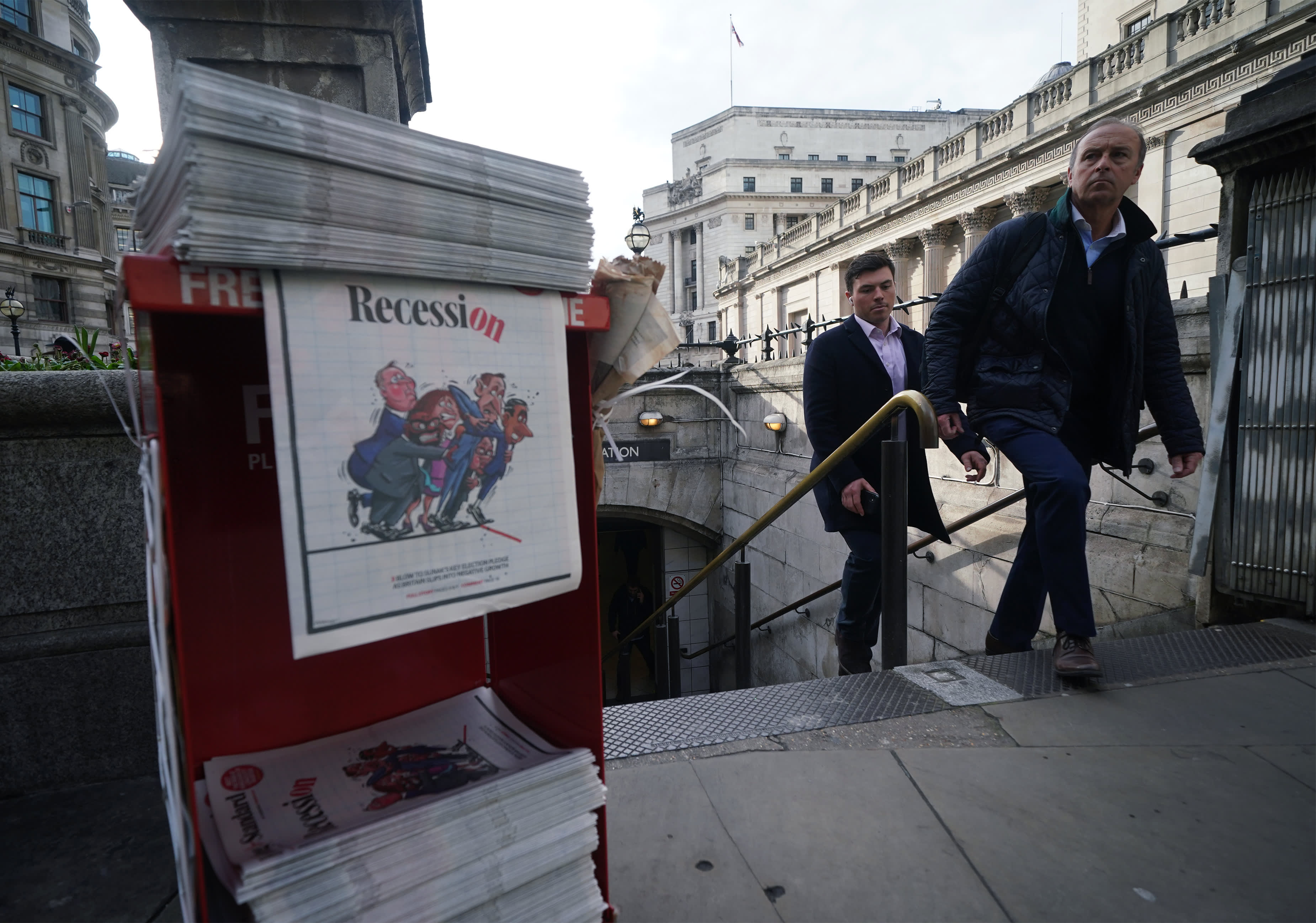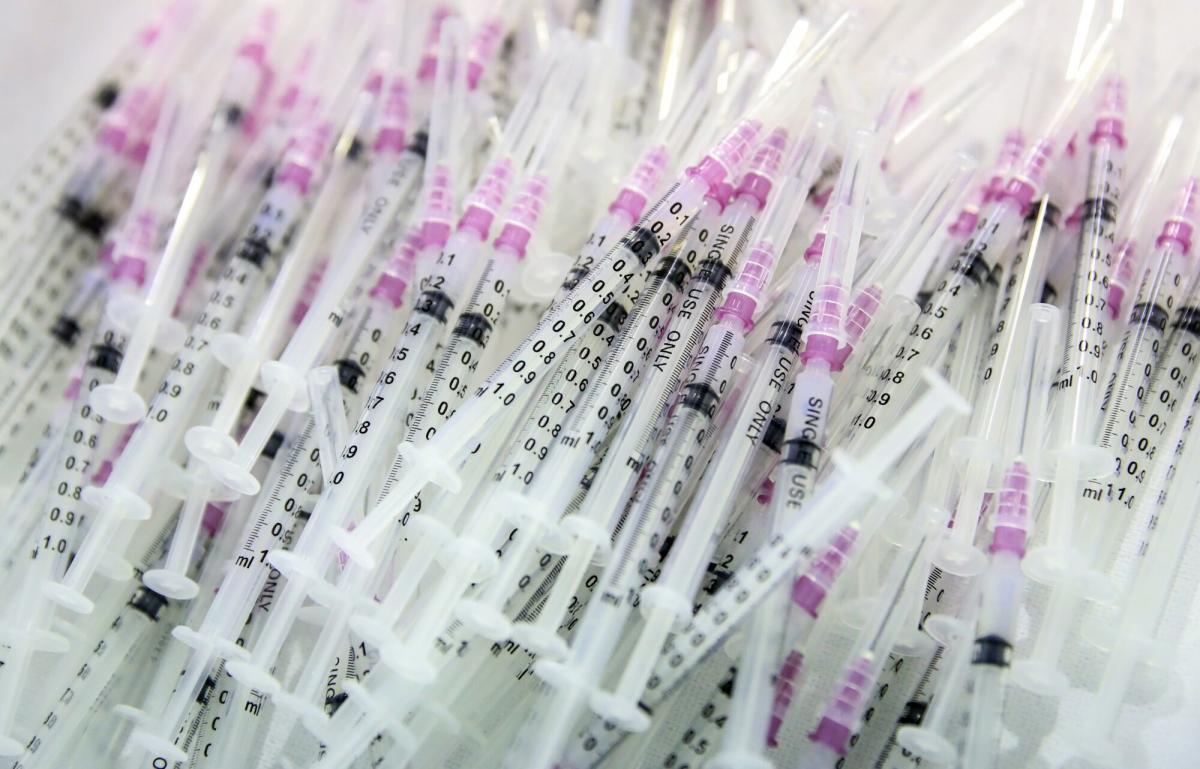
The UK enters a shallow recession in the second half of 2023 as persistent inflation continues to weigh on the economy.
Although not The official definition of recessionTwo straight quarters of negative growth is widely considered a tech recession.
The UK's manufacturing sector expanded by 0.8% in the January to March period, while construction fell by 0.9%. On a monthly basis, the economy grew 0.4% in March following a 0.2% expansion in February.
In terms of output, the services sector – crucial to the UK economy – grew for the first time since the first quarter of 2023, the Office for National Statistics said. The 0.7% growth was mainly driven by the transportation services sector, which saw its highest quarterly growth rate since 2020.
UK Prime Minister Rishi Sunak, whose Conservative Party recently suffered a significant defeat in local elections, welcomed the news. « The economy has turned a corner, » he said in a post on social media platform X.
« We know things are still tough for many, but the plan is working and we have to stick with it, » Sunak added.
Suren Thiru, economic director of ICAEW, the professional body for chartered accountants, struck a more measured tone. He said the positive impact of weaker inflation could be tempered by renewed caution to spend amid political uncertainty ahead of general elections expected later this year.
« The UK's escape from recession is a hollow victory, as poor productivity and high economic inactivity constrain our growth potential, while the bigger picture is that the economy is struggling with stagnation, » said Mr.
The Bank of England's monetary policy committee warned on Thursday that indicators of sustainable inflation « remain elevated » and voted to keep its key interest rate at 5.25%.
The central bank has forecast inflation to stay close to 2%, but expects it to pick up slightly later in the year as the effects of a sharp drop in energy prices fade.






